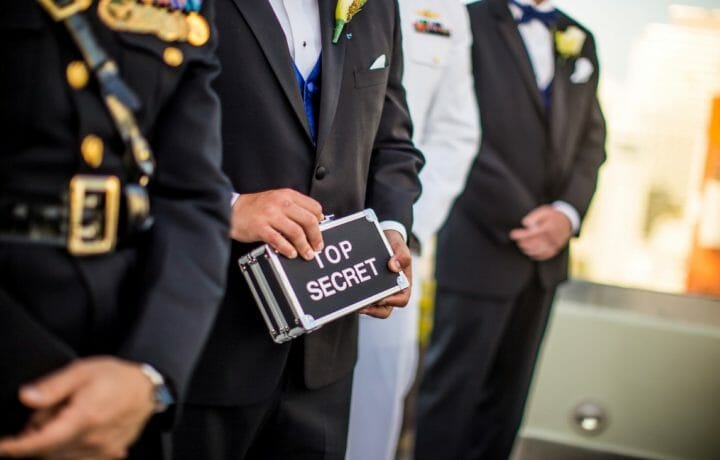You decide to take your case to DOHA – what next?
Appealing the denial of a security clearance isn’t just about the clearance. It’s about saving your career. Given the gravity of the situation, retaining an attorney to present a polished, professional, and in-person argument on why your clearance should be granted is imperative. Don’t fall victim to misleading statements about the process.
If your security clearance is initially denied, The Defense Office of Hearings and Appeals (DOHA) is generally the place for that in-person hearing. (I say “generally” because there are a handful of federal agencies that use their own, in-house appeals process). DOHA is a federal administrative court, wherein you present your case to a judge, a court reporter transcribes the hearing, and the judge issues a ruling. The proceedings are formal, serious, and underestimated by many applicants who choose to forego legal representation.
Part of the reason why many applicants show-up to their DOHA hearing unrepresented and unprepared is the government’s misleading statements about the process. In the “Pre-Hearing Guidance” memorandum available on the DOHA website, the government claims that the appeal process is designed to be understood by laypersons and that the Federal Rules of Evidence are used only as a “guide.” If you believe that, then ask yourself the following question: So why is the government represented by an attorney in DOHA hearings?
The fact of the matter is that the government runs around telling applicants they don’t need an attorney while simultaneously employing their own attorneys whose entire job is to appear at your hearing and ensure that you don’t get your clearance. Hypocrisy? I’ll let you decide. Either way, this should be a major red flag to you that the process is not nearly as straightforward as it’s made out to be.
DOHA Cases – On the Record
I encourage you to take a look at some of the cases outlined on DOHA’s website and compare those where an applicant was represented by an attorney to those where the applicant chose to go it alone. Although it would be unethical for any attorney to guarantee you specific results, I believe you will see that your statistical chances of success in an appeal increase significantly with legal representation.
There is a good reason for the statistical disparity. We lawyers are, at our core, storytellers. Our job is to present you, the client, in the best possible light and to tell your story in a way that resonates with the judge. This becomes particularly important given the “whole person” concept used in security clearance adjudications and the selective cherry picking of facts often used by the government’s attorney against you. The judge needs to see you and hear your personal story told by an attorney experienced in security clearance matters. Context makes a huge difference – as does knowing which facts and arguments are important legally.
Successful applicants don’t let the government control the narrative, but that can be hard to do when you’re flying solo against an experienced government litigator. Don’t underestimate the extent to which your emotions might cloud your judgment, or the extent to which the government attorney will attempt to lure you into damaging testimony at your hearing. Also keep in mind that the Federal Rules of Evidence can be employed at trial to keep derogatory information from even being heard by a judge. The Rules are a powerful weapon that can only be leveraged effectively by a trained attorney.
In closing, I leave you with an old legal adage: “he who represents himself has a fool for a client.” While that may be a bit harsh, the principle rings true and extends even to us attorneys. Few competent attorneys would ever represent themselves in a matter. Should you?
This article is intended as general information only and should not be construed as legal advice. Consult an attorney regarding your specific situation.



